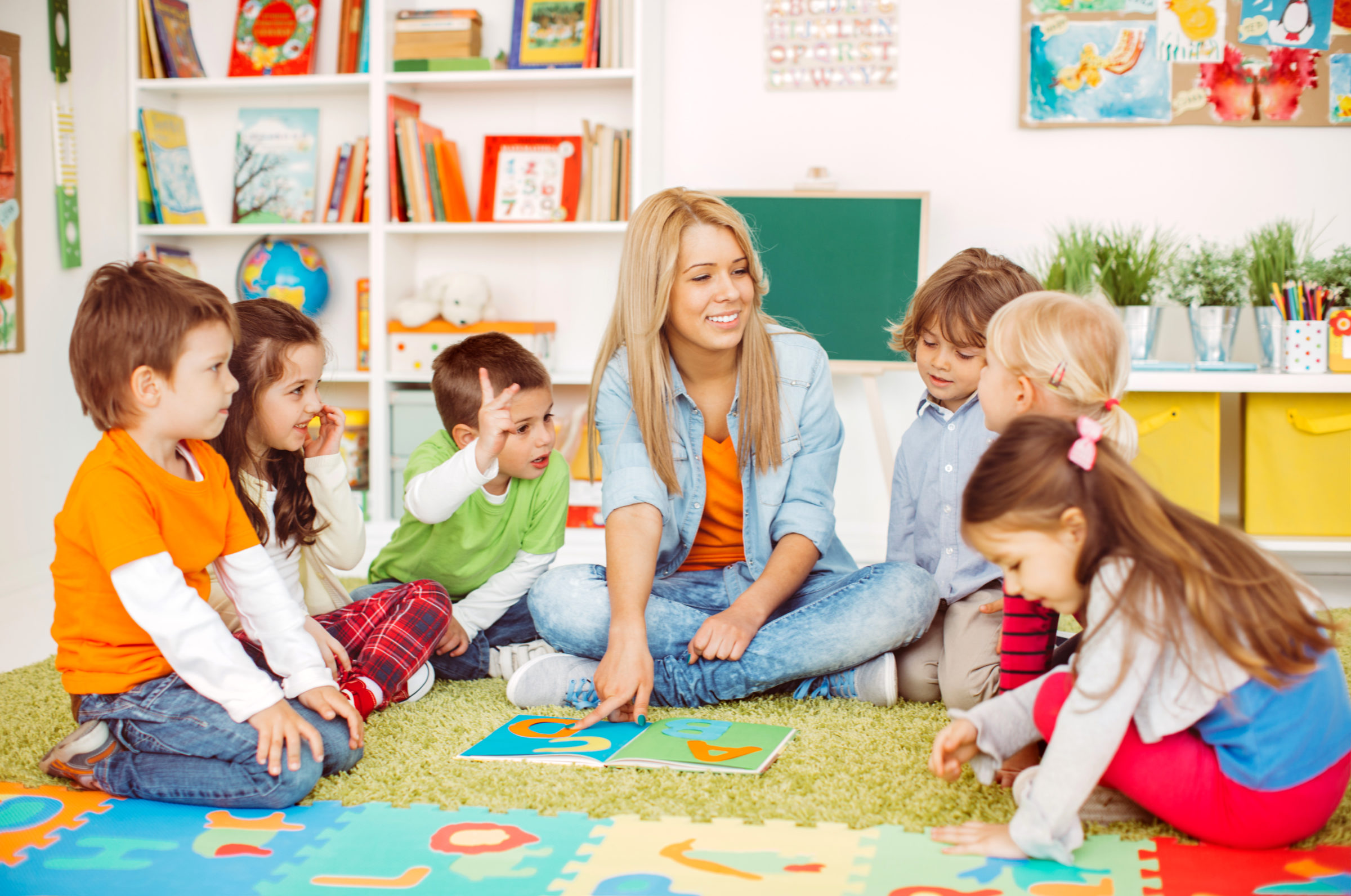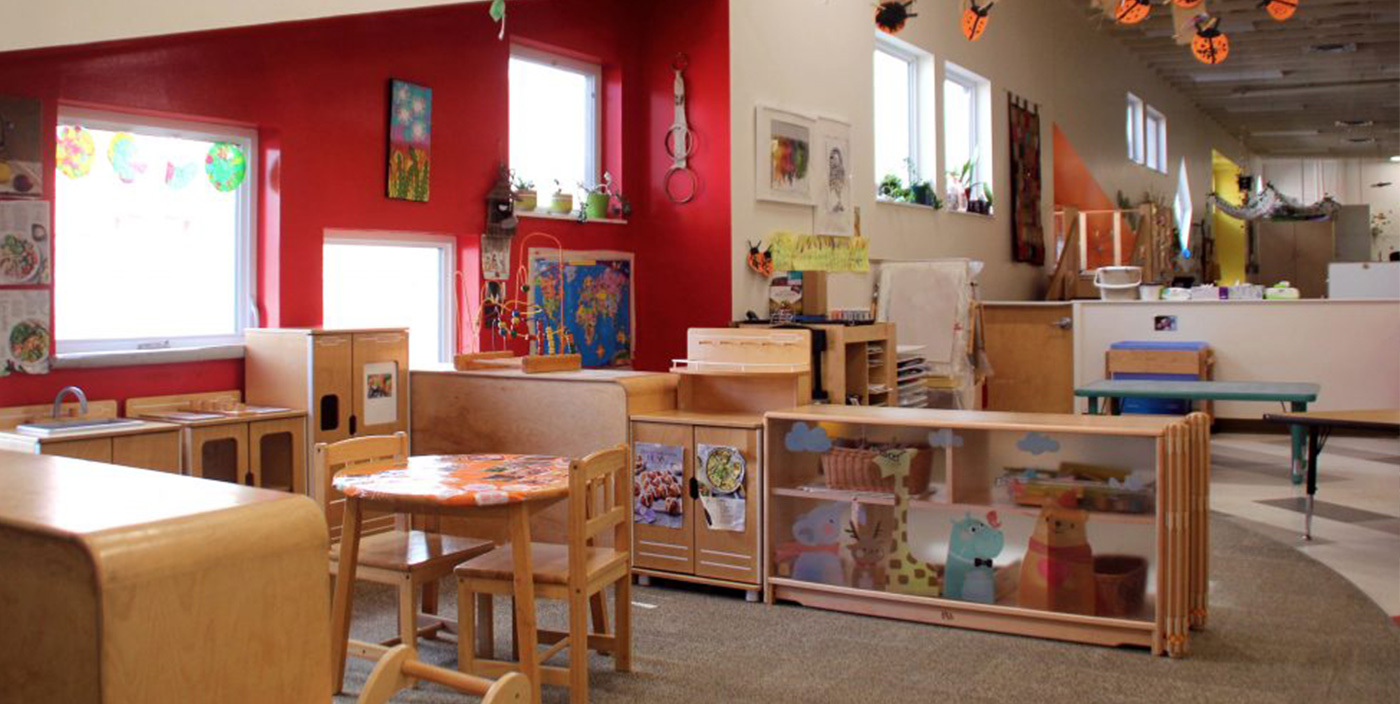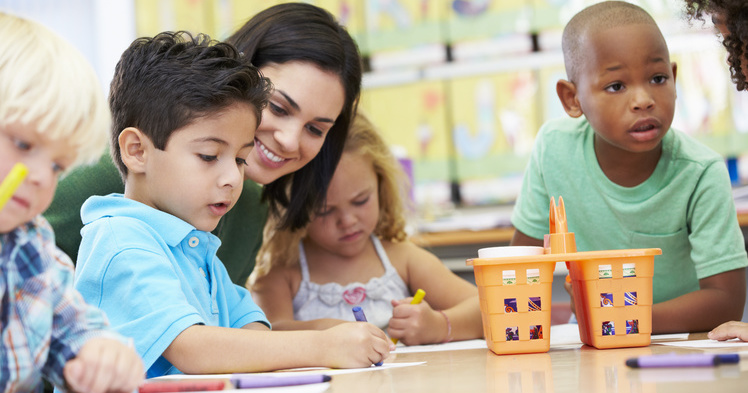Understanding the Importance of Day Care for Your Young child's Social Advancement and Discovering Knowledge Via Involving Tasks
The significance of daycare in forming a toddler's social development and knowing can not be overemphasized, as it uses an organized setting loaded with interesting tasks that are critical for very early growth. As we discover the complex benefits of day care, one need to think about just how these fundamental experiences affect a child's future social interactions and general growth.

Advantages of Social Interaction
Social interaction plays an essential function in the developing trajectory of young children, working as a foundation for essential social abilities. Involving with peers permits toddlers to practice interaction, discover to share their feelings, and establish compassion. Through shared play and participation, they begin to understand social norms, such as taking turns and sharing, which are vital parts of successful social partnerships.
Furthermore, social communications add to cognitive advancement. As young children communicate with their peers, they enhance their language skills, increase their vocabulary, and enhance their ability to articulate feelings and thoughts. This exchange of ideas cultivates critical thinking, as youngsters discover to bargain, fix problems, and browse problems.
In addition, social communication advertises emotional guideline. Exposure to numerous social circumstances helps kids identify and manage their feelings, inevitably causing greater strength and adaptability. The capacity to create relationships and attachments additionally boosts their sense of belonging and self-esteem, which are critical for overall health.
Value of Involving Tasks
Involving activities are necessary for fostering a stimulating setting that boosts young children' social growth. These activities not only mesmerize young youngsters's focus but additionally advertise energetic participation, allowing them to discover their environments creatively. With play-based discovering, kids develop necessary skills such as analytic, cooperation, and empathy, all of which are critical for developing healthy and balanced partnerships with peers.
Joining appealing activities, such as group games, art projects, and interactive storytelling, urges toddlers to reveal their feelings and ideas. This expression is essential for psychological knowledge and assists them recognize the point of views of others. When young children involve in these tasks together, they find out to work out roles, share resources, and work together, which are fundamental aspects of social interaction.
On top of that, a well-structured environment that consists of varied and revitalizing tasks aids in maintaining kids motivated and concentrated. This inspiration promotes a love for learning and exploration, laying the foundation for future instructional experiences. Inevitably, involving tasks in day care settings are pivotal fit social skills, preparing kids for effective interactions beyond the class, and nurturing their overall advancement during these formative years.
Developing Communication Skills
Reliable communication skills are critical for young children as they navigate their early social communications. In a day care setting, kids are exposed to diverse social circumstances that motivate non-verbal and verbal interaction. Talking with caretakers and peers promotes language growth, enabling kids to express their requirements, thoughts, and feelings better.

In addition, day care settings supply possibilities for young children to imitate and observe communication designs of their grownups and peers. This observational discovering is crucial as children select up on social signs, tone, and body movement, which are important components of reliable interaction.
Fostering Freedom and Self-confidence
As toddlers refine their interaction abilities, they at the same time start to discover their self-reliance and construct confidence in social setups (infant daycare near me). Daycare offers an organized setting where kids can involve in various tasks that encourage autonomy. From picking their own activities to taking part in group tasks, these experiences empower kids to choose and reveal themselves
In a childcare setting, kids are commonly presented with chances to address troubles separately, whether it's determining just how to share toys or dealing with disputes with peers. This cultivates crucial reasoning and advertises self-sufficiency. Furthermore, anchor caretakers sustain this growth by providing positive support and support, helping kids to browse social interactions with confidence.

Team tasks, such as participating games or collective art jobs, promote teamwork and teach toddlers the significance of interacting. With these communications, children learn to interact their sensations and ideas, additionally boosting their self-confidence and social abilities.
Ultimately, promoting freedom and confidence in childcare not just prepares toddlers for future social settings but likewise lays the foundation for a resilient way of thinking, outfitting them with necessary life skills as they continue to discover and expand.
Structure Lifelong Knowing Foundations
A solid structure for lifelong knowing is crucial for kids, as their very early experiences form their mindsets towards education and inquisitiveness. Daycare environments play a pivotal role in this developing phase by giving organized possibilities for exploration and interaction. Involving tasks, such as team play, arts and crafts, and interactive narration, stimulate cognitive advancement while motivating social interaction.
With these experiences, toddlers learn important skills such as analytic, communication, and teamwork. They are presented to the idea of learning as an enjoyable, joint process as opposed to a job, which promotes a positive attitude in the direction of education. Exposure to varied viewpoints and peer communications in daycare setups improves emotional intelligence, promoting empathy and strength.
Caregivers and educators likewise add dramatically to building this foundation by modeling interest and interest for knowing. By urging questions and facilitating conversations, they produce a setting where kids feel risk-free to share themselves and check out originalities. Inevitably, the combination of encouraging partnerships and engaging activities in day care settings lays the groundwork for a long-lasting love of learning, outfitting toddlers with the skills and way of thinking necessary for future academic and personal success.
Conclusion

The relevance of childcare in forming a toddler's social development and understanding can not be overstated, as it offers a structured environment filled with appealing tasks that are crucial for very early growth.Social communication plays a critical duty in the developing trajectory of young children, serving as a foundation for crucial social abilities. When young children engage in these tasks with each other, they learn to discuss roles, share sources, you could look here and team up, which are basic aspects of social communication.
Eventually, engaging activities in childcare setups are critical in shaping social abilities, preparing toddlers for successful communications past the classroom, and nurturing their general growth during these formative years.
Eventually, the advantages of engaging activities in childcare settings play a considerable function in preparing kids for future social communications and obstacles. baby daycare near me.
Comments on “How to Choose the most effective Daycare for Infants Near Me: A Parent's Overview to Quality Treatment”